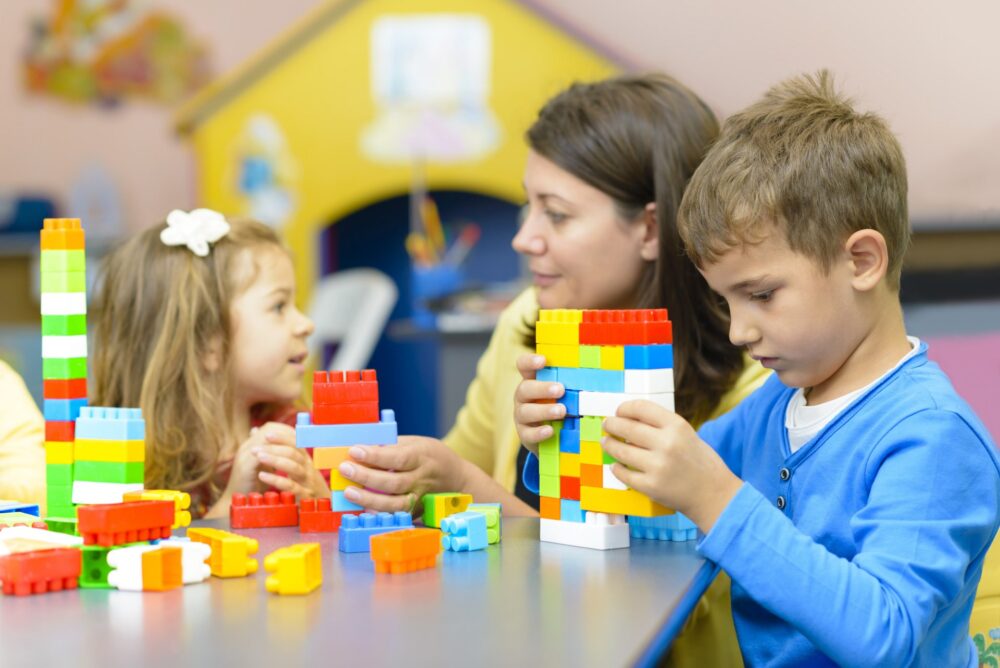Find funding
There are many other organisations who may be offering funding that will help you, and our handy funding search tool brings them all together.
I joined the Improvement Service as the Rural and Island Child Poverty Project Officer in November 2024, and what a journey it’s been so far. My role is all about building capacity and connection—working closely with the Remote, Rural and Island Child Poverty Peer Support Network to support local partners in tackling child poverty in their communities. It’s about making data work harder for us, identifying unmet need, and ultimately helping families who are struggling.
Coming from my substantive post as Tackling Poverty & Inequalities Project Officer at Aberdeenshire Council, I’ve seen first-hand how challenging it can be for local authorities and health boards—especially in rural and island areas—to use data effectively to drive outcomes. My previous work focused on amplifying the voices of lived experience, particularly around fuel and transport poverty and the stigma that can come with poverty in rural settings. These voices continue to shape how I approach this role.

What’s become increasingly clear is that trusted relationships and collaboration are key. Numbers can tell us a lot, but they don’t tell the whole story. When we listen—really listen—to people’s lived experiences, we gain insights that data alone can’t offer. And when we share good practice across regions, we start to build a stronger, more informed response.
One of the highlights this year was the Child Poverty Peer Support Network Lived Experience Event in Dundee this past March. It was powerful to hear directly from community members and panellists about how their voices are influencing service delivery and funding decisions. Their stories were a reminder of the real impact that comes from being heard and working in partnership. You can catch some of those reflections here in a video that beautifully captures the spirit of the event.
We’ve also been diving into the rural poverty premium, especially around childcare costs in remote areas. It’s a topic that’s sparked wide stakeholder discussion, and we’re working toward publishing a report with recommendations later this summer.
Another exciting area has been supporting the development of Local Child Poverty Action Reports (LCPARs) for rural and island communities. I’ve helped analyse a couple of these, highlighting good practice and identifying areas for growth. If you’re curious, you can explore an informal analysis of Year 6 LCPARs here.
We’ve also facilitated self-assessment workshops with the Highland Poverty Reduction Delivery Group and Angus Our Bright Futures Group. These sessions have encouraged reflection and opened doors for national support. Both groups have made it clear: bringing lived experience into child poverty work is a top priority.

Since stepping into this role, I’ve expanded the Remote, Rural and Island network, connecting with partners across Scotland and learning about their incredible work. I’ve also had the privilege of presenting at events like:
One thing I’ve learned: while the challenges of child poverty are shared across urban and rural areas, the solutions must be tailored. Official stats might suggest poverty is lower in rural communities, but they often miss the nuances—like pockets of deprivation in small communities that don’t show up on the radar. The Scottish Index of Multiple Deprivation doesn’t always capture these realities.
Rural poverty comes with its own set of hurdles: higher living costs, seasonal and insecure incomes, and limited access to services. These factors aren’t always considered in policy or service design. The Poverty Alliance’s Taking Action on Rural Poverty project has been instrumental in highlighting the poverty premium—the extra costs people face just to get by in rural areas.
There’s still much to do, but I’m hopeful. With continued collaboration, a commitment to listening, and a focus on both data and lived experience, we can make real progress.
Improvement Service – Tackling Child Poverty in Remote and Rural Island Scotland
Contact: caroline.hastings@improvementservice.org.uk
There are many other organisations who may be offering funding that will help you, and our handy funding search tool brings them all together.